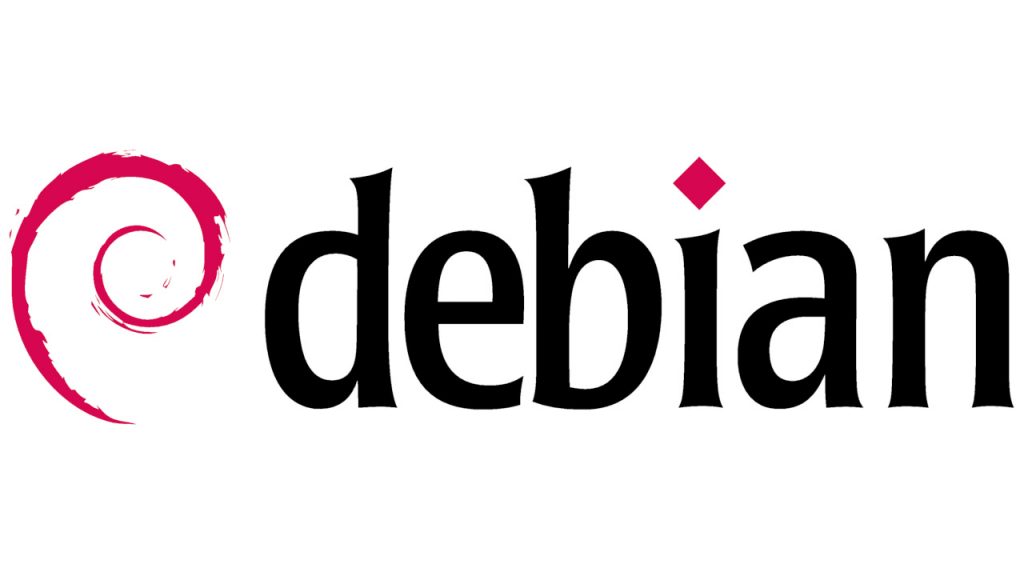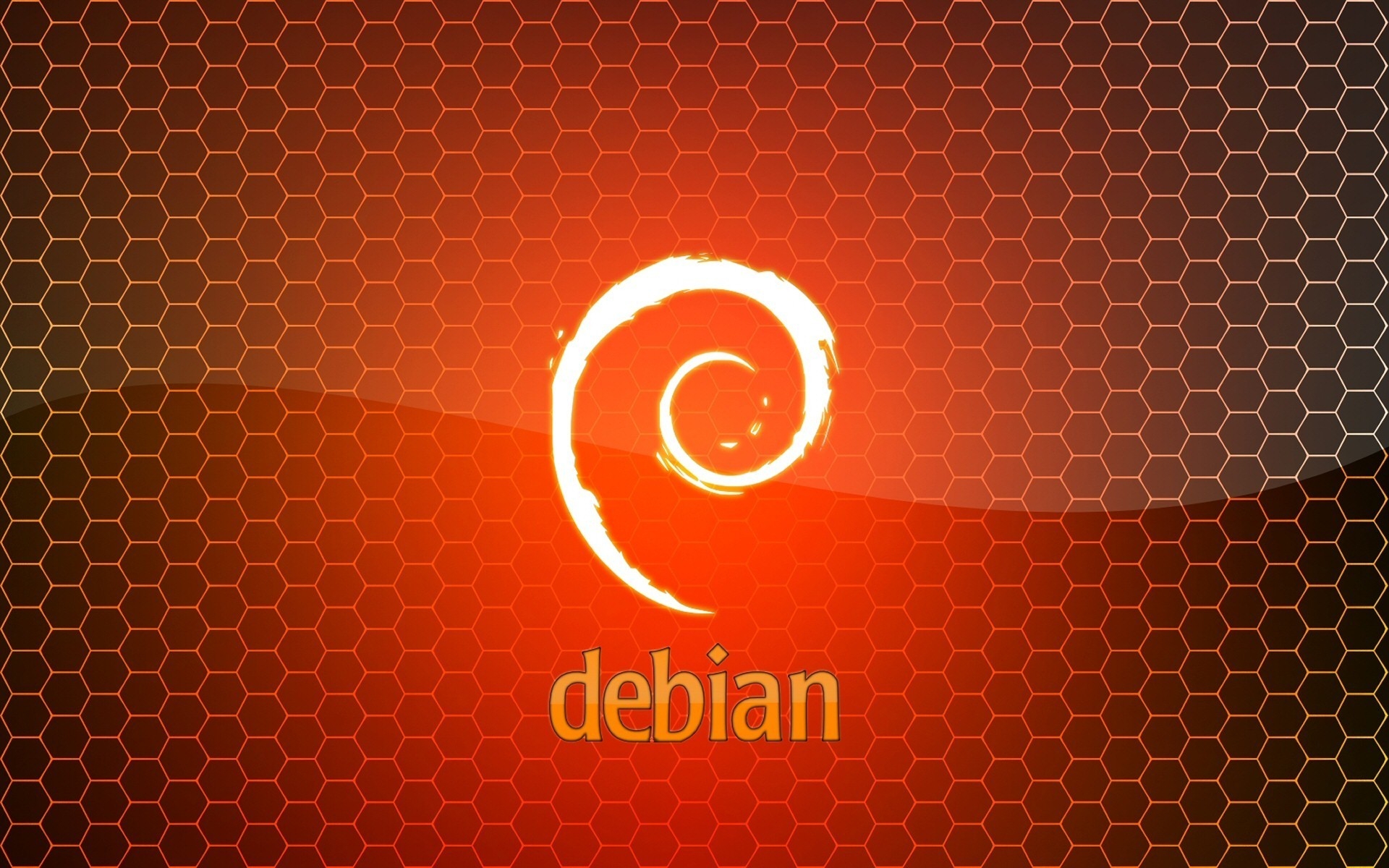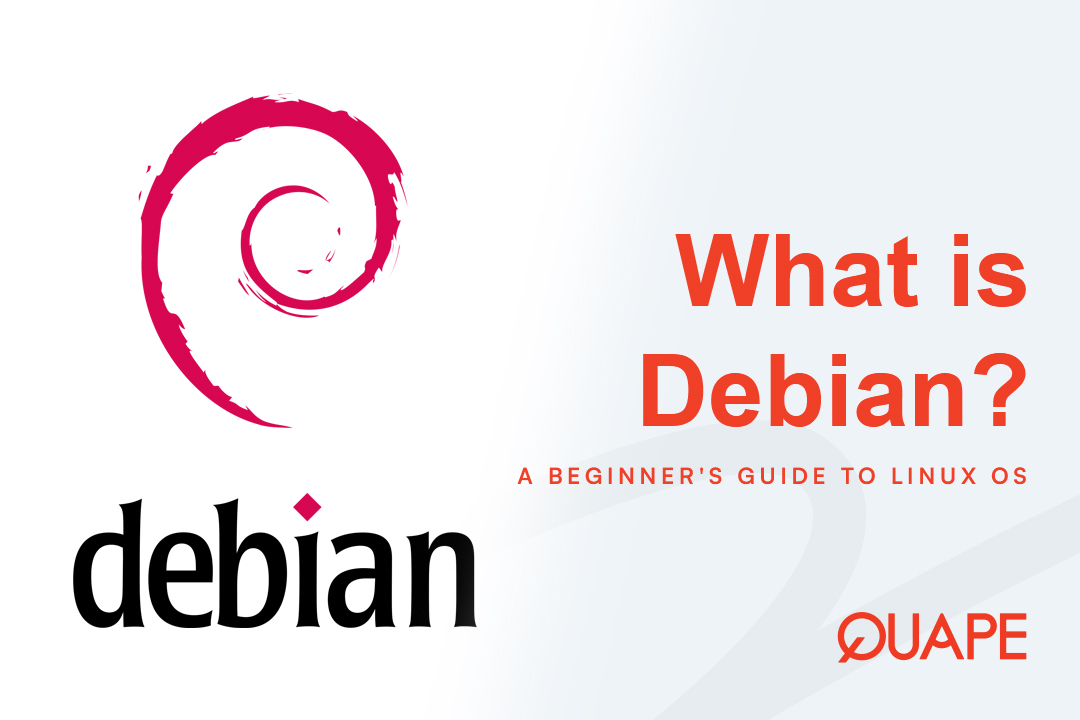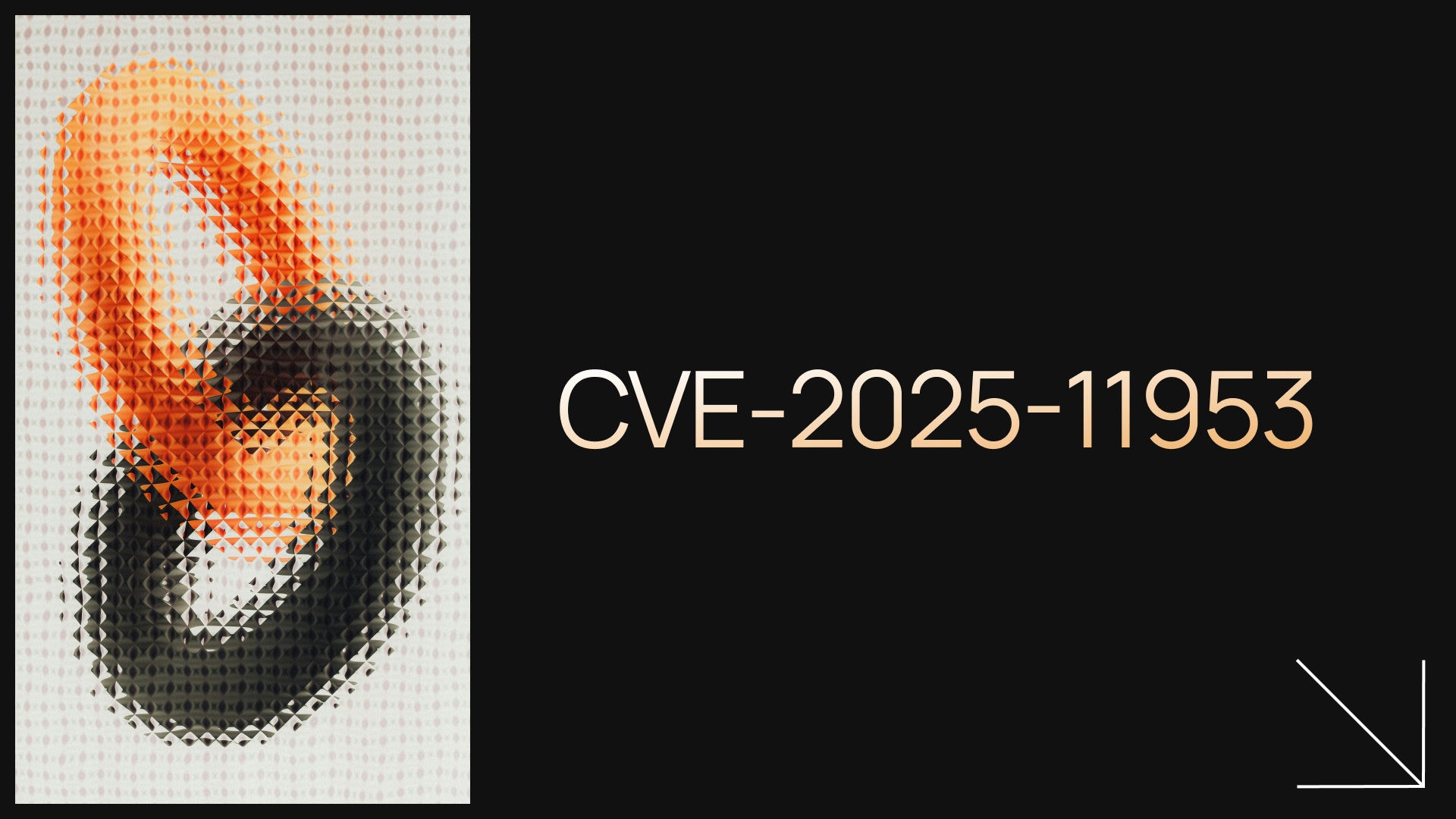When you’re exploring the world of web servers and open-source operating systems, you’ll often encounter the name Debian. It may not have the mainstream recognition of Ubuntu or the enterprise clout of CentOS, but Debian is arguably one of the most important and influential Linux distributions in existence. It’s the foundation for many other popular operating systems, including Ubuntu, and is renowned for its rock-solid stability and unwavering commitment to open-source principles. But what is Debian, and what makes it a favorite among experienced developers, system administrators, and hosting providers?
This guide will provide a clear, comprehensive overview of Debian, its core features, and its unique place in the technology world.
Table of Contents
ToggleWhat is Debian?

Debian is a free, open-source Linux-based operating system. It was one of the first truly community-driven projects, and it remains a massive, volunteer-led effort today. Unlike some other distributions, Debian is not a commercial product. Its development is guided by the Debian Social Contract, which emphasizes its dedication to free software and its community.
The key to understanding Debian is its philosophy: it prioritizes stability above all else. This means that software packages in its stable release are rigorously tested, often for years, to ensure they are bug-free and completely reliable. This conservative approach has earned Debian a reputation for being an incredibly stable and trustworthy OS for mission-critical tasks.
Key Features and Benefits of Debian
Debian’s strengths lie in its core principles of stability, freedom, and a vast ecosystem.
1. The Gold Standard of Stability
Debian’s stable branch is legendary in the tech community. It’s often referred to as a “set it and forget it” operating system. Once you install a stable version of Debian, you can rely on it to run without issues for years. For web servers, this level of reliability is critical, as it minimizes downtime and reduces the need for constant maintenance.
2. The Universal Operating System
Debian’s dedication to supporting a wide range of architectures and hardware is unmatched. It supports everything from standard desktops and servers to smaller devices like Raspberry Pi. This versatility makes it a truly “universal operating system” that can be used for a wide variety of purposes.
3. Massive Software Repository
Debian boasts one of the largest software repositories of any Linux distribution. Its apt package manager gives you access to tens of thousands of software packages, all of which have been vetted and tested by the community. You can find almost any tool, application, or library you need with a few simple commands.
4. Commitment to Free Software
Debian’s social contract ensures that it remains committed to free and open-source software. This means it doesn’t include proprietary drivers or software by default, giving users complete freedom and control over their system. For developers and organizations that value this principle, Debian is the ideal choice.
5. The Foundation for Others
Debian’s influence is seen everywhere. It’s the stable foundation on which many other popular Linux distributions are built, most notably Ubuntu. This means that by using Debian, you are using the core operating system that powers a significant portion of the internet.
Debian’s Three Main Branches
To balance its commitment to stability with the need for new software, Debian offers three branches:
- Stable: This is the most popular branch for servers. It contains software that is incredibly stable and well-tested, making it perfect for production environments. However, the software versions are older.
- Testing: This branch contains packages that are being prepared for the next stable release. It’s a good choice for users who need slightly more up-to-date software but still want a relatively stable system.
- Unstable (Sid): This branch is for developers and advanced users. It contains the newest packages and is a rolling-release. It’s not recommended for production servers due to its potential for instability.
Who is Debian Best For?

Debian is not for everyone. Its minimalist approach and emphasis on the command line can present a steeper learning curve for beginners compared to something like Ubuntu.
- Choose Debian if you are a system administrator, an experienced developer, or a web hosting provider who needs a server that is extremely stable, predictable, and secure. It is the perfect choice for mission-critical applications that cannot afford downtime or unexpected changes.
- Choose a different OS (like Ubuntu) if you are a beginner who needs a more user-friendly experience or a developer who needs the absolute newest software.
Conclusion
Debian is a foundational pillar of the open-source world, standing as a testament to the power of a community-driven project. Its unwavering focus on stability and its massive software repository make it an ideal choice for anyone who needs a reliable, secure, and long-term operating system for their server. By choosing Debian, you are selecting a battle-tested OS that has earned the trust of countless professionals worldwide.
Ready to launch your project on a powerful and stable server? Quape, a leading web hosting and domain company in Singapore, offers high-performance VPS Hosting solutions that give you the freedom to choose your preferred Linux distribution. With Quape, you can select Debian, Ubuntu, or CentOS, and get a reliable, secure, and fast environment backed by our expert support. Explore Quape’s VPS hosting plans today and find the perfect OS for your website.
- What Is Apache? A Simple Guide for Beginners - October 27, 2025
- What Is Nginx? A Simple Guide for Beginners - October 27, 2025
- What Is Drupal and How to Install It Easily - October 24, 2025



